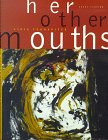
I met Andrea Seigel ~5 years ago while we were both at Bennington. Unlike most writers, she was more down to talk about soap operas and strange medical conditions and wicked dance moves than book junk, which those familiar with her work probably won’t find at all surprising. So far she’s published three books of young adult fiction, of a voice surprising I think to even that genre: often wry and dark and funny, though also carrying heavy material in a rather elegantly surreptitious way. Over the past several weeks we traded emails about her latest book, The Kid Table, as well as the influence of TV and screenwriting, narrative function, daily process, the influence of the internet, particularly twitter (of which, her feed is one of my constant favorites), and more.
BB: I remember when we were in school you said you would often write in front of the TV or with the TV on, and maybe that you couldn’t write without it that way? Is that right, and do you do that still? How does that work, or what does it allow you?
AS: i used to be like that and then i don’t know why, but i didn’t want to do it anymore. maybe it was getting high-speed internet– i didn’t used to have that, and now the combination activity is that i watch tv and fuck around on the internet. around 2008 i was still writing everything but novels with the tv on, like i wrote a screenplay and an sat audiobook that year. but i started writing my young adult book to complete quiet. you know, that could also have something to do with the fact that my boyfriend was basically living with me during that period, and then he was actually living with me, and we were in one room.
the reason i used to write with the tv on was because one, there weren’t enough hours of the day to get everything in that i wanted to get in, so i had to double up. and two, i used to feel that watching tv while i was writing helped me be less neurotic about writing because i’d be half thinking about a performance on “american idol” and half thinking about my book, and maybe this is a false memory, but i remember my first book getting written so easily and so fast that way, like i don’t remember ever being stuck.
READ MORE >
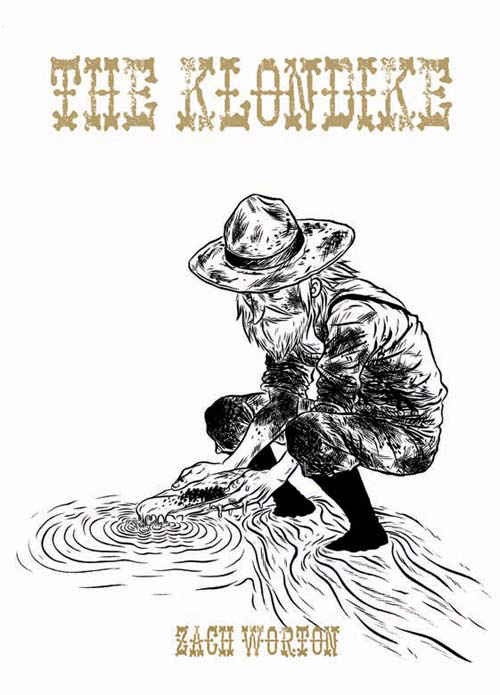 The Klondike is Zach Worton’s comic book (320pp, b&w, on sale now at Drawn & Quarterly’s website) about the Yukon gold rush. It’s historical fiction about a fascinating period of expansion, and it’s well researched. In an afterword, Worton talks about finding the right way to tell the story, which he figures to be about 80% accurate, and then lists a detailed bibliography for further reading. I’m interested in the way comics deliver narrative differently from prose, so I found the author’s note to be particularly interesting. The challenges are not disimilar.
The Klondike is Zach Worton’s comic book (320pp, b&w, on sale now at Drawn & Quarterly’s website) about the Yukon gold rush. It’s historical fiction about a fascinating period of expansion, and it’s well researched. In an afterword, Worton talks about finding the right way to tell the story, which he figures to be about 80% accurate, and then lists a detailed bibliography for further reading. I’m interested in the way comics deliver narrative differently from prose, so I found the author’s note to be particularly interesting. The challenges are not disimilar.
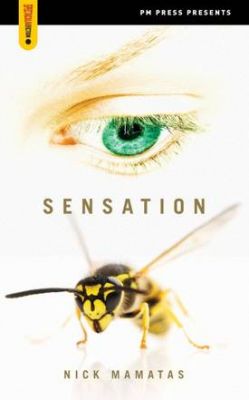
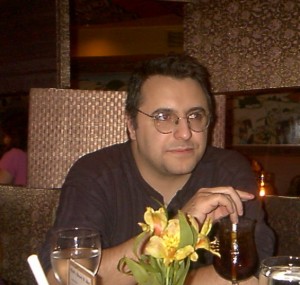

 I just got this email from
I just got this email from 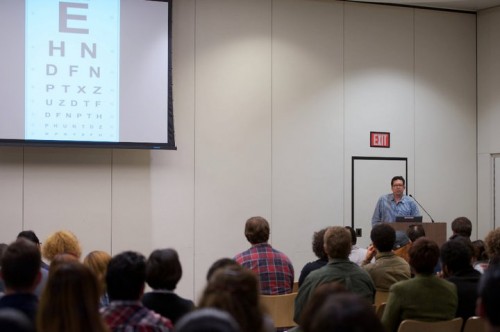
 Kate Bernheimer’s Complete Tales of the Gold sisters is a a trilogy of novels published over a ten year period. It is also part of a broader project, a life’s work, that includes not only the practice of reviving and revivifying the fairy tale, but also the tasks of developing a contemporary theory of the fairy tale, of identifying the ongoing subterranean influence of the fairy tale upon the work of writers not ordinarily associated with the fairy tale, and of championing and legitimizing and de-ghettoizing the fairy tale as a literary form.
Kate Bernheimer’s Complete Tales of the Gold sisters is a a trilogy of novels published over a ten year period. It is also part of a broader project, a life’s work, that includes not only the practice of reviving and revivifying the fairy tale, but also the tasks of developing a contemporary theory of the fairy tale, of identifying the ongoing subterranean influence of the fairy tale upon the work of writers not ordinarily associated with the fairy tale, and of championing and legitimizing and de-ghettoizing the fairy tale as a literary form.